In the world of medicine, there is very little we won't discuss. We talk with people about the embarrassing details of their symptoms and diseases. We chat with them about their sex lives, inquire about mental health and domestic safety, ask our patients about all sorts of addictions. In my particular world, we struggle mightily to find the best way, as if there were one, to tell mothers, fathers, and grandparents that their sweet three-year-old has a brain tumor. On other occasions, we may bravely raise the notion that someone – perhaps the person we're in conversation with – seems to have deliberately injured the baby.
Judging from our conversations with patients, you might think that nothing was out of bounds for us. And really, when it comes to preserving health and life, we all tend to agree that nothing should be. With one little exception, that is.
What might that something be? Think error or complication. Think unexplained loss. Think jury, judge, and plaintiff's attorney. Think malpractice litigation. As much as these experiences are intimately connected with our work and have a huge impact on us when they occur, I’m sure you know as well as I do that we simply don't talk much about them. Not at the level of personal experience anyway.
To be sure, we may talk about how to avoid litigation. What we do not share with one another openly and often enough is what we have gleaned regarding how to respond at the professional level, not if, but when it happens, which for most of us, it will. Even more crucially, we avoid talking about how it feels at the personal level to go through it. We limit ourselves to teaching tips for minimizing the risk of a lawsuit when we could go so much further. Our trainees and colleagues need acknowledgement from those of us who have been there that this has happened to their classmates, mentors, and friends. Further, we might all benefit from a larger framework for fathoming the profound meanings of these powerful experiences in the context of our personal and professional lives. The time has clearly come for a change. The time has come to talk.
We healers do genuinely awesome work. Among all the possible professions available for the choosing, we make it our everyday mission to get into the trenches of people's lives with them. We take the interpersonal risks required to make patients, sometimes quite beloved patients, out of strangers. We become their companions in deep hardship, perhaps riding things out to the end with them, aiming to help them move things in the right direction, whatever that might be. The occasional presence of sadness is a given, but likewise there is joy. We discipline ourselves to accept the inevitable losses in return for the distinct pleasures and sense of self which deeply humane work brings.
There are times, however, when the particular hardship we and our patients encounter dramatically, often suddenly, breaks the usual mold. Perhaps various factors collide and a patient experiences harm, sometimes enormous in scope, which we did not, often could not, foresee. Maybe we believe that we had a hand, however innocently, in the harm, or we failed to have the hand we suppose we might have had in preventing it. Like a kid at an old-fashioned birthday party, we can suddenly find ourselves blindfolded, intellectually and spiritually spun wildly around. And once the specter of litigation arises, the cake and singing are out of the question. At least for a while, the party is over.
No experience in the life of a physician or other healer has greater potential to create isolation. When these events occur, we are no longer in the familiar domain of the occasional sadness we know as caregivers. This sadness is different in kind, and may hover over us, entirely our own. Without the support of others who have been there, who know these feelings firsthand, the experience can overwhelm physicians or other healers, cutting them off from colleagues, patients, and family, and leaving them deeply unsure of themselves.
Although we may not prefer to see it this way, the truth is that we cannot entirely eliminate these experiences; they are embedded in our work. Further, the risks to us when we have them are very real. I've come to see them as an occupational hazard of a life in medicine.
Those who have been there relate consistently that there is no time in the life of a healer when the wisdom and warmth of the community of one's colleagues is more called for. Nevertheless, while we may be courageous in breaking down all sorts of taboos, this one has still got the better of us. Like people traversing divorce in a time when people didn't discuss that experience openly, or like patients diagnosed with cancer in a day when the word “cancer” was not used in polite society, we find ourselves frozen by silence. And similarly, we will all do better once we find the freedom to open our hearts, safely seeking and providing the mentoring and friendship so many among us long for.
As someone who actively promotes dialogue on these matters, I can tell you that when I broach this topic with physicians, nurses, and others, I can feel heart rates start to rise, palms sweat, jaws get tight. It takes courage to open this particular Pandora's box and take a look inside. I also see, however, glimmers of curiosity, eagerness to get real, tentative but genuine moves toward growth. As in all of life, honest conversation about our experiences can be enormously healing. It’s upon us to have faith that, pulling together, we will find real healing close at hand. In this space, we can come together regularly for just that. Join me.
I am committed to the national and international conversation about our experiences with unexpected patient outcomes. Interested in hiring me to speak at your next physician wellness, burnout, or patient safety conference or event? Read more about my public speaking here.
Do you need support in the midst of your own experience with a bad outcome or malpractice lawsuit? Thrive: Insight Coaching may provide the help you need.

